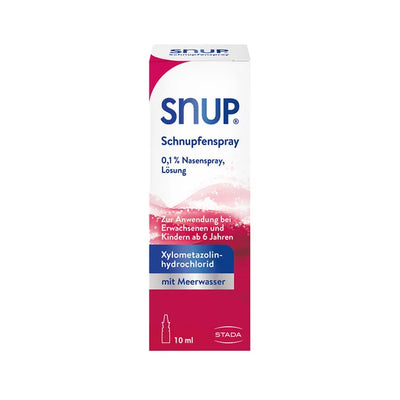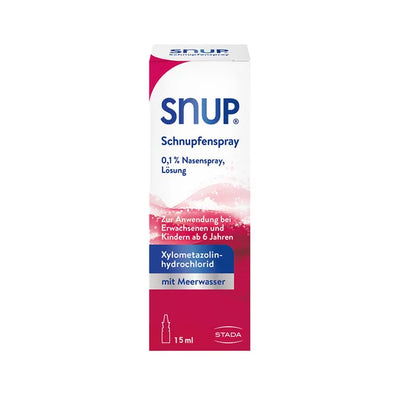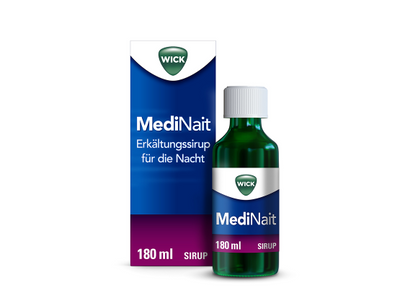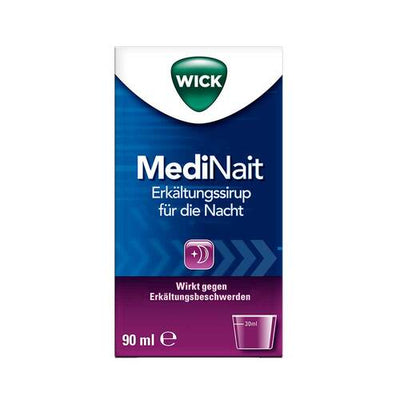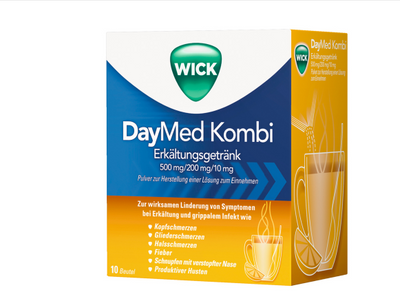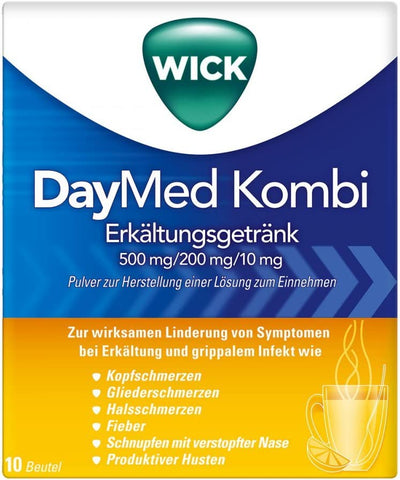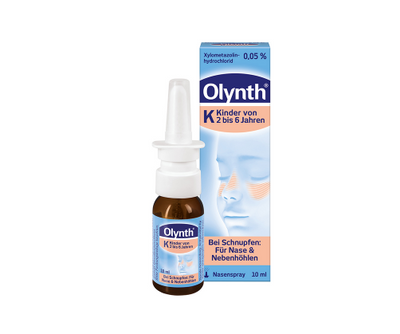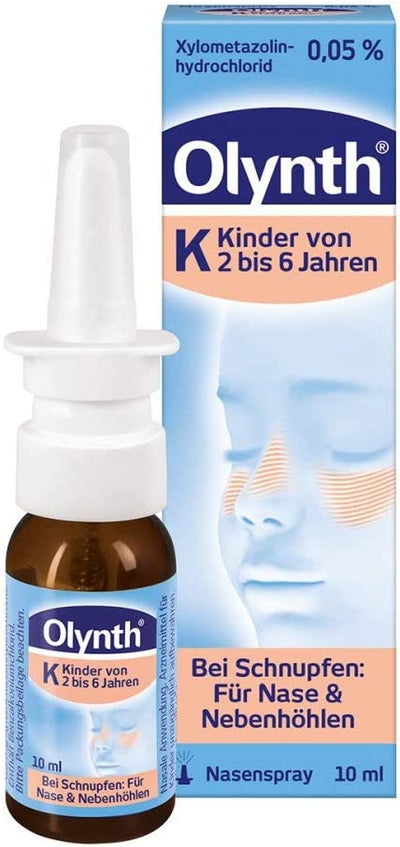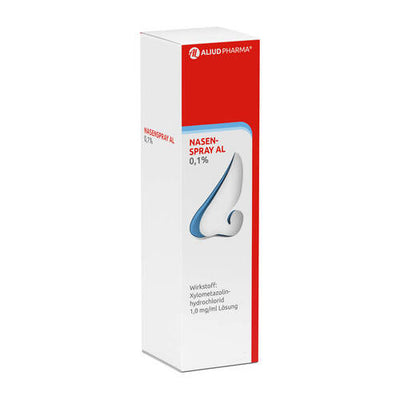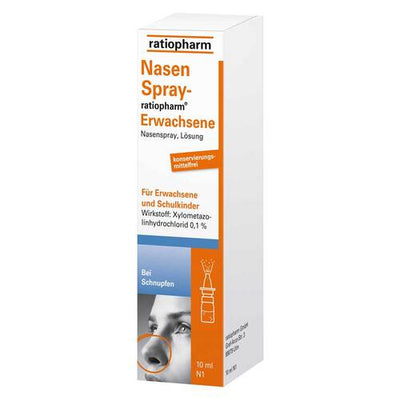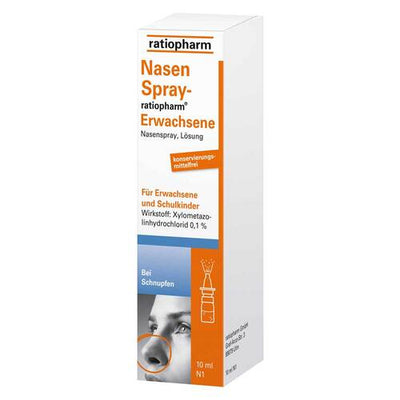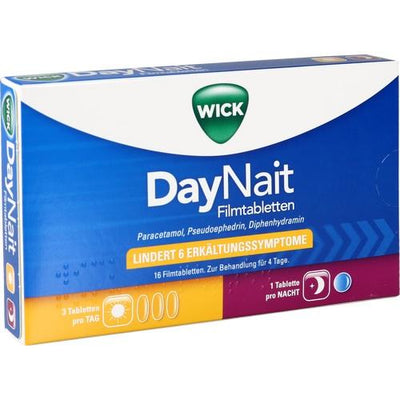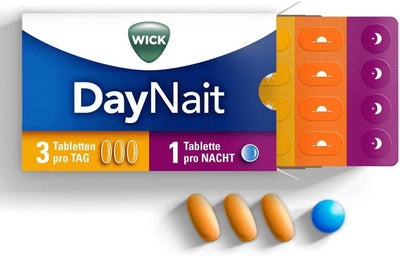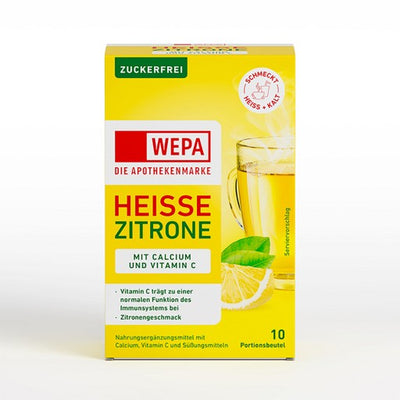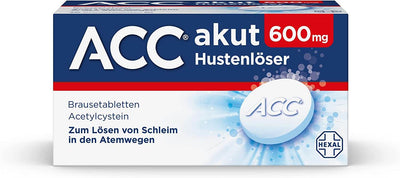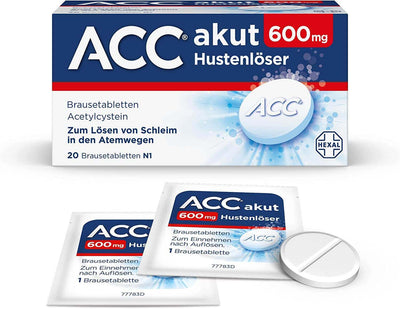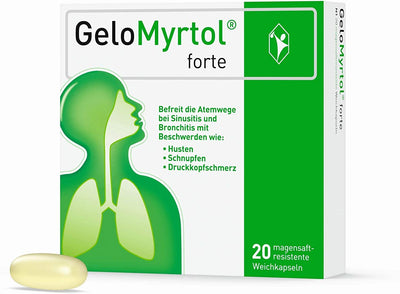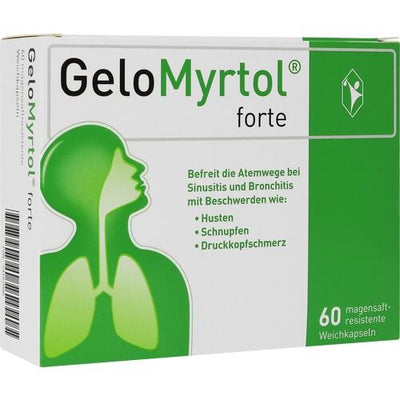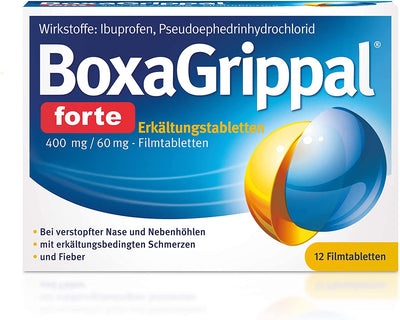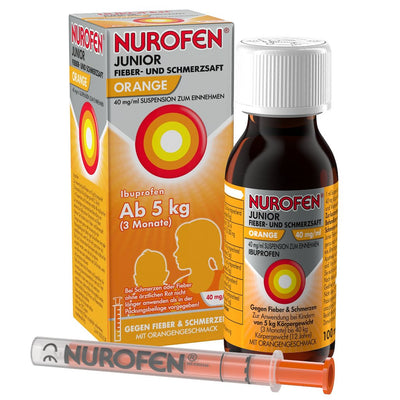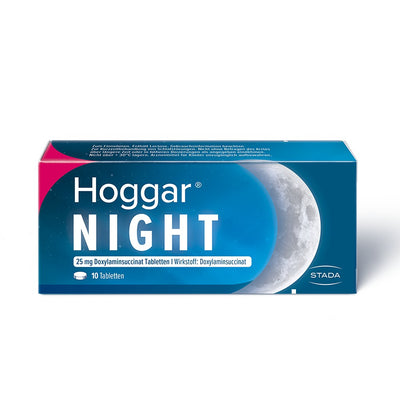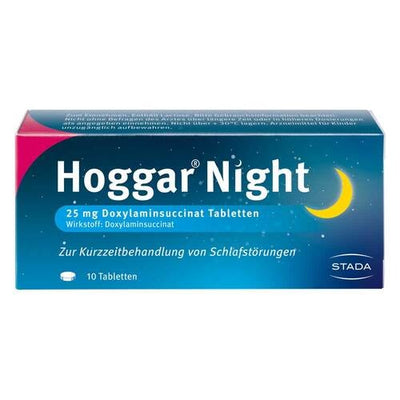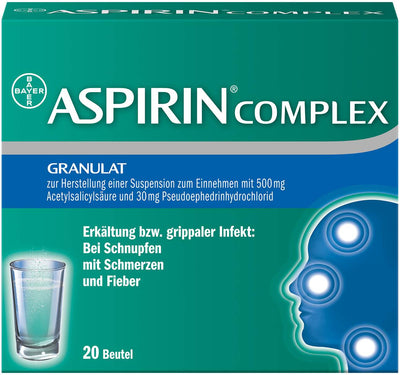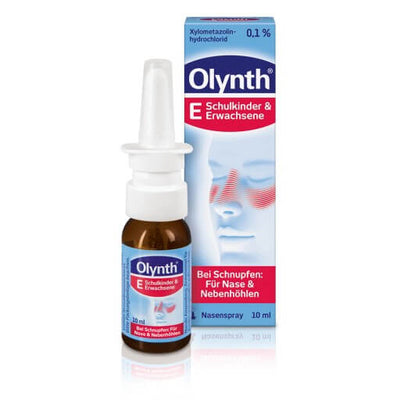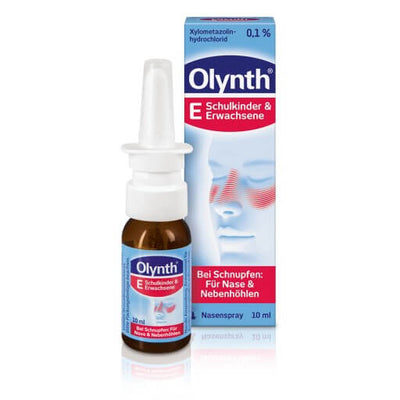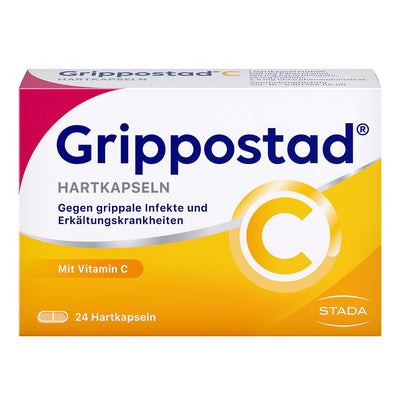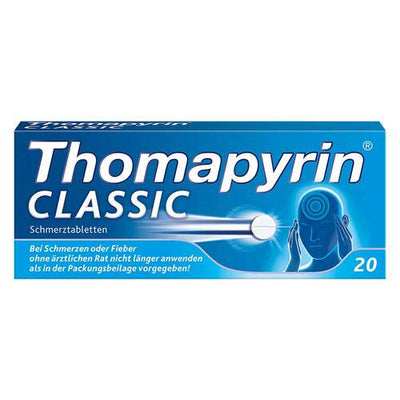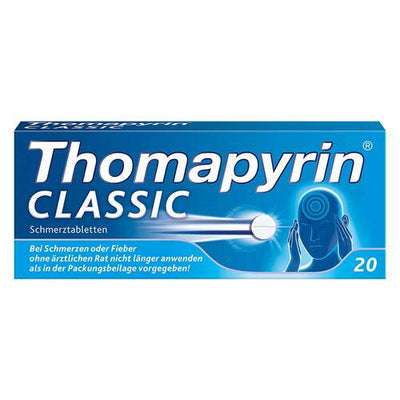We all know dietary supplements, they are advertised on the Internet by well-known influencers and athletes and are now indispensable in the supermarket.
But do you really need supplements? And why?
Dietary supplements are preparations that come in capsules, solutions, teas, granules and regular drinking liquids. They usually contain vitamins, amino acids, essential fatty acids, fiber and minerals that are vital for the body and are already absorbed from food.
These minerals and vitamins include:
- Vitamin A
- Vitamin D
- vitamin C
- vitamin k
- Vitamin B12
- Vitamin B1
- Vitamin B2
- Vitamin B6
- folic acid
- folic acid
- biotin
- pantothenic acid
- niacin
- calcium
- magnesium
- zinc
- selenium
- chrome
- potassium
- silicon
- iron
But why do we humans need so many in the first place and why is supplementing them so relevant?
Supplementing the diet is only relevant when a deficiency occurs, because the lack of important minerals or especially vitamins leads to diseases such as:
- gastrointestinal diseases
- bone and digestive problems
- cracked corners of the mouth and fingernails
- liver disorders
- visual disturbances
- skin problems
- flu infections
- and much much more.
What are the causes of nutrient deficiencies if we already ingest all the important components through food?
Despite the fact that a balanced diet provides a variety of nutrients, deficiencies in certain nutrients can still occur. Here are some causes of nutrient deficiencies:
Inadequate nutrition : A deficiency can arise due to an unbalanced diet that provides too few nutrients.
Malabsorption : The gut cannot adequately absorb nutrients if they are poorly absorbed. This can be caused by a variety of factors, including inflammation in the gut, bowel disease, or surgery.
Taking medications : Some medications can interfere with the absorption of nutrients or increase requirements, which can lead to deficiency.
Increased requirements : The need for certain nutrients can be increased during certain phases of life, such as growth, pregnancy and lactation, as well as with increased physical activity.
Alcohol or Drug Abuse : Alcohol or drug abuse can impair the absorption of nutrients, despite an eventual increase in appetite.
Stress : Long-term stress can increase nutrient needs and decrease nutrient absorption.
Which nutrients are particularly affected?
Iron : Hemoglobin, a protein in red blood cells that carries oxygen around the body, is made of iron. Anemia, a lack of iron, can cause fatigue, weakness, and shortness of breath.
Vitamin D: The absorption of dietary calcium and phosphate, the immune system and bone health all depend on vitamin D. Bone weakness, muscle tremors and an increased risk of infections can be caused by a lack of vitamin D.
Vitamin B12 : Vitamin B12 is important for metabolism, the nervous system and the formation of red blood cells. Anemia, fatigue, weakness and neurological problems can be caused by a lack of vitamin B12 .
Calcium : Calcium is important for bone health, muscle and nerve function, and blood clotting. Bone weakness and an increased risk of osteoporosis can be caused by a lack of calcium .
Magnesium : Magnesium is important for muscle and nerve function, bone health and energy metabolism. Magnesium deficiency can cause muscle pain, weakness and fatigue.
Zinc : The immune system, wound healing and growth require zinc . Skin problems, poor wound healing and a weakened immune system can be caused by a zinc deficiency.
The formation of DNA and red blood cells is influenced by folic acid . In pregnant women, a lack of folic acid can lead to anemia and an increased risk of birth defects.
Overall, you can see that an existing lack of nutrients can have very serious effects. But often people don't even talk about supplementing when there is a deficiency, but as a preventive measure, because dietary supplements are often taken to prevent diseases or for optimal nutrient supply during physical activity, for example to prevent sore muscles.
It is now clear why and which vitamins and minerals need to be supplemented, but is there anything to look out for when buying dietary supplements?
Yes, to ensure you are purchasing a safe and quality product there are a few important things to keep in mind when purchasing any dietary supplement:
Quality and Purity: Make sure the supplement is from a reputable manufacturer and has been manufactured to the strictest standards. Also check the product for contamination and purity.
Make sure that the recommended dosage of the dietary supplement is followed and is not too high.
Ingredients: Read the ingredients list carefully and make sure it doesn't contain any allergens that you may be allergic to.
Check the interactions of the dietary supplement with other medications or dietary supplements you are already taking.
It is also important to note that dietary supplements should not be used as a substitute for a balanced diet. They should be used as a supplement to a healthy lifestyle and diet.
Conclusion:
Overall, one can say that the recommendation of dietary supplements can have positive effects for everyone, but does not have to.
Unfortunately, supplementing with the most important nutrients for sports or for the prevention of diseases is more common these days than ever before, but you have to be careful which products you buy.
Dietary supplements are released onto the market more easily than pharmaceuticals and are less regulated, which is why you have to pay particular attention to quality and ingredients.
Our recommendation : Buy the dietary supplements directly from a pharmacy , these are not always the cheapest, but have one of the best qualities and were previously purchased from a certified pharmaceutical wholesaler and are checked again by pharmaceutical staff before they are handed over. But if the step to the nearest pharmacy is not always on the way, we offer a great alternative, since we are a regional and stationary pharmacy that sends your products across regions on the Internet to ensure that optimal care is also available outside of our region the citizen is guaranteed.



